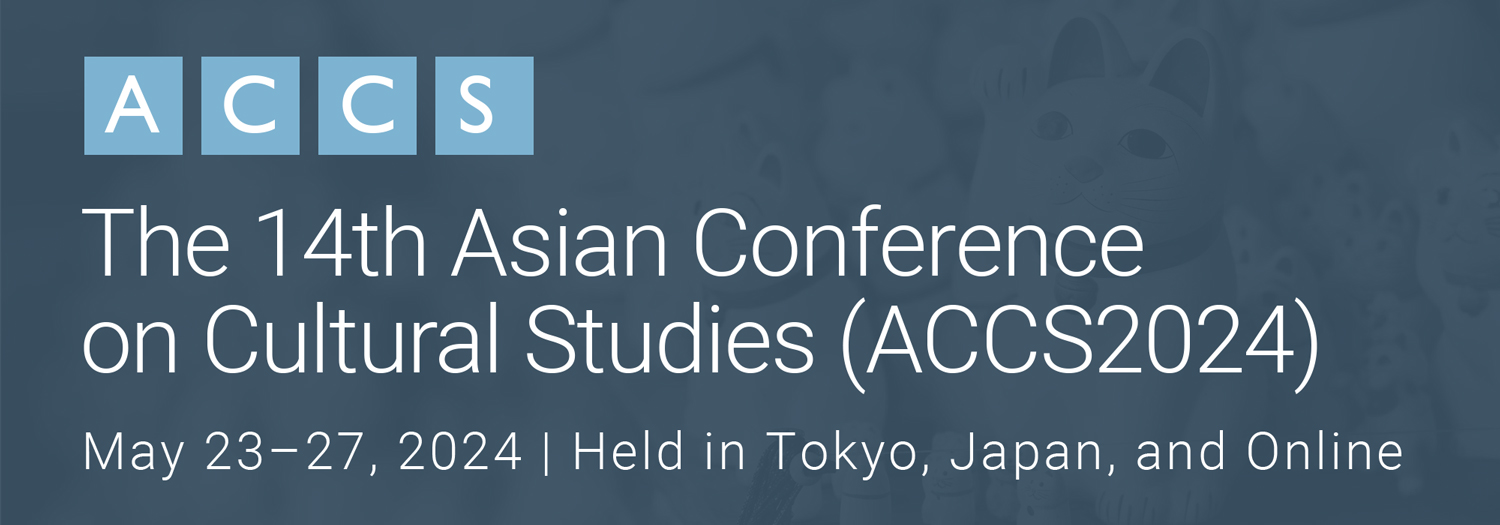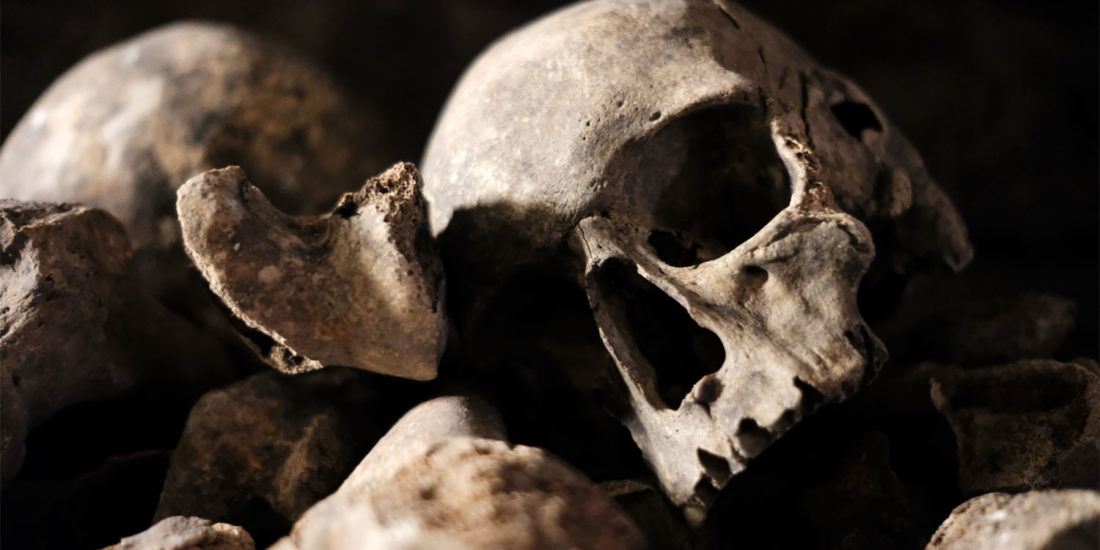Lorna Piatti-Farnell of the Auckland University of Technology, New Zealand, will be presenting a keynote titled “Narratives of Fear, Scarcity, and Resistance: Eco-Anxieties and the End of the World in Contemporary Horror Film and Media” at The 12th Asian Conference on Cultural Studies (ACCS2022), which will be held alongside The 12th Asian Conference on Asian Studies (ACAS2022), June 6–9, 2022.
To participate in ACAS/ACCS2022 as an audience member, please register for the conference.
This plenary will also be available for IAFOR Members to view online. To find out more, please visit the IAFOR Membership page.
Abstract
Narratives of Fear, Scarcity, and Resistance: Eco-Anxieties and the End of the World in Contemporary Horror Film and Media
This presentation will address the rise in 'horror and fantasy content' in film and other serialised media on SVOD platform forms such as Netflix in response to the COVID-19 pandemic, specifically in terms of cultural subversion and coping mechanisms, while also examining the 'changing face' of horror, and what we might expect going forward.
Speaker Biography
Lorna Piatti-Farnell
Auckland University of Technology, New Zealand
 Lorna Piatti-Farnell is Professor of Film and Popular Culture at Auckland University of Technology where she is also the Director of the Popular Culture Research Centre. Prior to her move to New Zealand in 2010, she held appointments at De Montfort and Bishop Grosseteste universities in the UK. She is the Founder and President of the Gothic Association of New Zealand and Australia (GANZA). She holds an international reputation for leadership in the intersecting fields of Gothic Studies, Food Cultures, Popular Media, and Cultural History, and is known for her successful interdisciplinary collaborations. Her current and forthcoming work examines the connections between popular media and cultural identities, including the multi-faceted socio-historical representation of popular icons, social media participation and digital identities, and the meaning of Gothic horror in times of crisis. She has published widely in her areas of expertise, including Gothic Afterlives: Reincarnations of Horror in Film and Popular Media (Rowman & Littlefield, 2019), Consuming Gothic: Food and Horror in Film (Palgrave 2017), and The Vampire in Contemporary Popular Literature (Routledge, 2014). She is currently completing her latest monograph, entitled Poison: A Cultural History of the Mortal Arts (Reaktion, 2021).
Lorna Piatti-Farnell is Professor of Film and Popular Culture at Auckland University of Technology where she is also the Director of the Popular Culture Research Centre. Prior to her move to New Zealand in 2010, she held appointments at De Montfort and Bishop Grosseteste universities in the UK. She is the Founder and President of the Gothic Association of New Zealand and Australia (GANZA). She holds an international reputation for leadership in the intersecting fields of Gothic Studies, Food Cultures, Popular Media, and Cultural History, and is known for her successful interdisciplinary collaborations. Her current and forthcoming work examines the connections between popular media and cultural identities, including the multi-faceted socio-historical representation of popular icons, social media participation and digital identities, and the meaning of Gothic horror in times of crisis. She has published widely in her areas of expertise, including Gothic Afterlives: Reincarnations of Horror in Film and Popular Media (Rowman & Littlefield, 2019), Consuming Gothic: Food and Horror in Film (Palgrave 2017), and The Vampire in Contemporary Popular Literature (Routledge, 2014). She is currently completing her latest monograph, entitled Poison: A Cultural History of the Mortal Arts (Reaktion, 2021).

